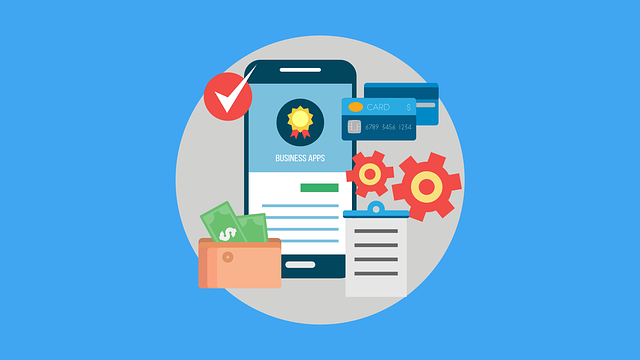Artificial Intelligence (AI) is transforming construction project management, especially in cost forecasting and resource allocation through advanced algorithms and data analytics. In hardscaping and landscaping projects, AI equipment scheduling based on terrain analysis optimizes machinery deployment, reduces costs, and enhances efficiency by leveraging detailed site scans and data modeling to predict the most suitable equipment for specific tasks. This technology streamlines project management, improves timelines, minimizes waste, and delivers better client outcomes.
In the realm of construction, Artificial Intelligence (AI) is revolutionizing project cost forecasting, particularly in landscaping. This article explores how AI hardscaping projects offer precise predictions by analyzing complex terrain data and optimizing resource allocation through AI equipment scheduling. We delve into the benefits of using advanced algorithms for accurate material estimation and efficient labor deployment based on terrain analysis. By harnessing these technologies, construction teams can ensure cost-effectiveness and timely project completion.
- Understanding AI's Role in Construction Cost Forecasting
- Equipment Scheduling: Optimizing Resource Allocation through Terrain Analysis
- The Impact of AI on Landscaping Project Accuracy and Efficiency
Understanding AI's Role in Construction Cost Forecasting

Artificial Intelligence (AI) is transforming construction project management, particularly in cost forecasting. By leveraging advanced algorithms and data analytics, AI systems can now go beyond traditional methods to provide more accurate and precise predictions for construction costs. This involves intricate processes such as terrain analysis and AI equipment scheduling, which are pivotal in understanding the nuances of a project’s scope and potential challenges.
AI-driven cost forecasting takes into account various factors, including historical project data, material costs, labor rates, and unique site-specific variables derived from terrain analysis. Through this comprehensive approach, AI algorithms can identify patterns, anticipate risks, and optimize resource allocation, ultimately reducing the uncertainty often associated with construction projects. Moreover, equipment scheduling becomes more efficient as AI can allocate machinery based on terrain characteristics, ensuring optimal utilization and minimizing delays.
Equipment Scheduling: Optimizing Resource Allocation through Terrain Analysis

In modern AI-driven hardscaping and landscaping projects, efficient equipment scheduling is key to optimizing resource allocation and managing costs. By leveraging terrain analysis, AI algorithms can accurately predict and map out the most suitable machinery for specific tasks based on the project’s unique geographical characteristics. This precision ensures that no unnecessary or underutilized resources are deployed, thereby reducing operational expenses.
Through detailed terrain scans and data modeling, AI systems identify the contours, slopes, and obstacles of the land, enabling informed decisions about equipment selection and deployment. For instance, AI might recommend specialized machinery for steep terrain or pinpoint areas requiring precision tools, minimizing waste and maximizing project efficiency. This data-driven approach not only enhances construction timelines but also contributes to a more sustainable and cost-effective hardscaping and landscaping project.
The Impact of AI on Landscaping Project Accuracy and Efficiency

The integration of Artificial Intelligence (AI) into landscaping construction projects has revolutionized the way industry professionals approach cost forecasting and project management. AI’s ability to analyze vast amounts of data, including detailed terrain maps and historical project information, enables more precise estimations. By considering factors such as site complexity, material requirements, labor costs, and equipment usage patterns, AI algorithms can predict project outcomes with remarkable accuracy.
This advanced technology streamlines the scheduling process by optimizing equipment deployment based on terrain analysis. For instance, AI models can identify challenging landscapes, suggest appropriate machinery, and create efficient work plans, reducing time and resource wastage. The result is not only improved project efficiency but also cost savings for contractors and better outcomes for clients.
AI is transforming construction landscaping by enhancing cost forecasting accuracy through terrain-based equipment scheduling. By analyzing site conditions, AI optimizes resource allocation, reducing project inefficiencies and costs. This innovative approach, leveraging AI equipment scheduling based on terrain analysis, ensures more precise planning and successful outcomes for landscaping projects of all scales.
